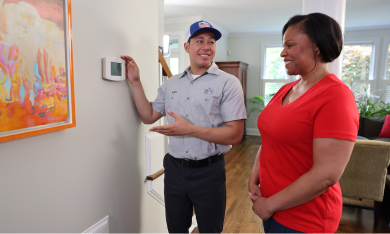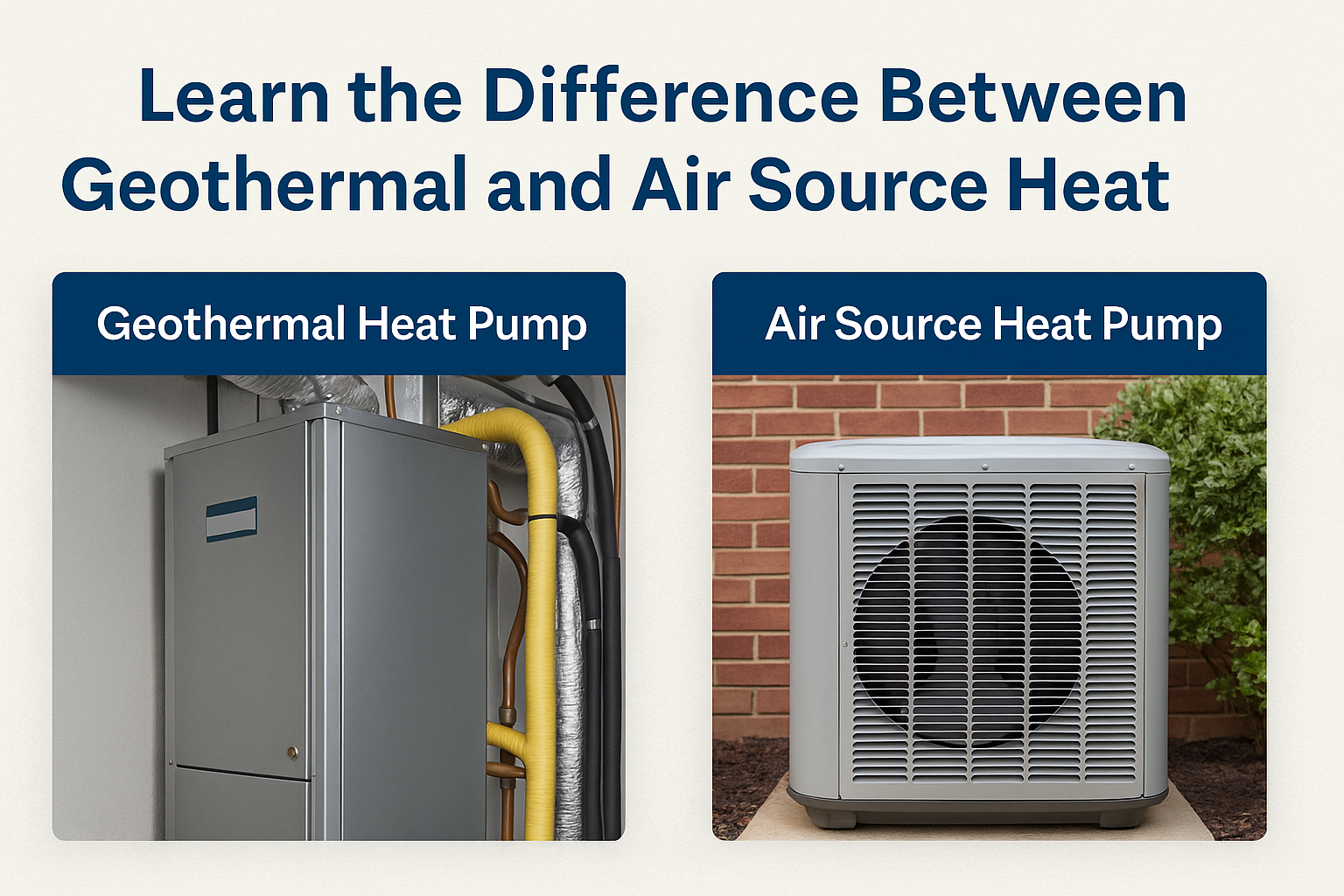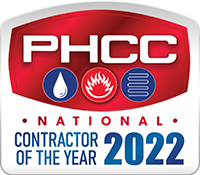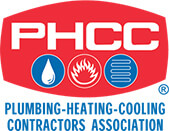

Summary
- Understand the efficiency differences between geothermal and air-source heat pumps.
- Learn about installation costs and long-term savings for both systems.
- Discover which heat pump is best suited for Northern VA climates.
Learn the Difference Between Geothermal and Air Source Heat Pumps
An energy-saving alternative to the traditional fuel-burning furnace, a heat pump is ideal for the budget-minded, environmentally responsible homeowner. But should you choose a less-expensive air-source heat pump or invest in a geothermal system?
How Heat Pumps Work
A heat pump works in a completely different way than a traditional furnace. Rather than burning fuel to produce heat, a heat pump simply moves heat from one location (the “source”) to another location. Air-source heat pumps collect and transfer heat from the air while geothermal heat pumps collect and transfer heat from the ground. Both types of heat pumps can also work as cooling systems in the summer, transferring heat from inside to outside. As compared to traditional furnaces and air conditioners, heat pumps require very little energy to operate and dramatically reduce harmful emissions.
Geothermal vs. Air-Source Heat Pumps
In terms of efficiency, geothermal heat pumps are far superior to air-source models. This is because the temperature below ground is relatively stable as compared to the air temperature above ground. For instance, the ground temperature at a depth of 10 feet is likely to remain at about 50 degrees Fahrenheit all winter. At this temperature, a heat pump operates at peak efficiency. In fact, within the right temperature range, the most efficient air-source heat pumps can operate at about 250 percent efficiency. That means for every $1 you spend on electricity, you receive $2.50 worth of heat. However, when above-ground temperatures drop below about 42 degrees, air-source heat pumps begin to operate less efficiently. Ice will begin to form on the outdoor unit, and the heat pump need to enter an inefficient defrost mode regularly to compensate. Because a geothermal heat pump is extracting heat from a source with a consistent temperature, it is continuously operating at its most efficient level – at about 500 percent efficiency. The same is true in the summer when ground temperatures generally stay between 60 and 70 degrees. While an air-source heat pump can operate as an efficient cooling system at moderate temperatures, it becomes much less efficient when the temperature climbs to, say, 90 degrees or higher. According to the EPA, a geothermal heating and cooling system can reduce energy consumption and corresponding emissions by more than 40 percent as compared to an air-source heat pump, and by over 70 percent as compared to standard heating and cooling equipment.
Geothermal Heat Installation
If you are interested in geothermal heat installation, United Air Temp offers installation services to Washington, DC area homeowners. United Air Temp offers outstanding service and the area’s widest range of cutting-edge heating and cooling equipment. This northern Virginia geothermal installer has been serving the DC area since 1931, and prides itself on providing customers with heating and cooling solutions designed for optimal comfort, indoor air quality and efficiency.
What Are the Long-Term Savings of a Geothermal Heat Pump?
Over time, geothermal systems can significantly reduce energy costs for Northern Virginia homeowners. These systems use the earth’s constant underground temperature to deliver high-efficiency heating and cooling year-round. While upfront installation costs can be steep—often ranging from $10,000 to $25,000—monthly utility bills are typically 30–60% lower than conventional HVAC systems. Additionally, homeowners may qualify for federal tax credits and local utility rebates that improve ROI.
Geothermal systems also last longer: underground loops can function for 50+ years, while indoor components often last 20–25 years with proper maintenance. For homeowners planning to stay long-term or interested in eco-friendly upgrades, geothermal can be a cost-effective investment with strong financial and environmental returns.
Which Heat Pump Works Best in Cold Climates Like Northern Virginia?
Northern Virginia experiences a mix of hot summers and chilly winters, making heat pump performance in cold weather an important consideration. Air-source heat pumps are more affordable and easier to install but tend to lose efficiency in temperatures below 35°F. To offset this, many systems include electric or gas backup heat.
Geothermal heat pumps, on the other hand, are not affected by outdoor temperatures. Because they draw heat from the earth, they maintain consistent efficiency even during freezing conditions. This makes them ideal for climates with winter lows like Northern Virginia. For year-round comfort and energy savings, geothermal systems are typically the superior option, especially in homes with higher heating demands during the colder months.
Heat Pump Frequently Asked Questions
How Do Heat Pumps Work?
Heat pumps transfer heat rather than generate it, moving warmth from the air or ground into your home, and reversing the process to cool.
What Are the Efficiency Differences Between Geothermal and Air-Source Heat Pumps?
Geothermal systems maintain higher efficiency due to stable ground temperatures, while air-source systems’ efficiency can fluctuate with outdoor air temperatures.
What Should I Know About Geothermal Heat Installation?
Installing a geothermal system involves placing ground loops and requires a higher upfront investment but offers long-term energy savings.
Why Choose United Air Temp for Your Heat Pump Installation?
With decades of experience, United Air Temp provides expert installation and service for both geothermal and air-source heat pumps in Northern VA.













